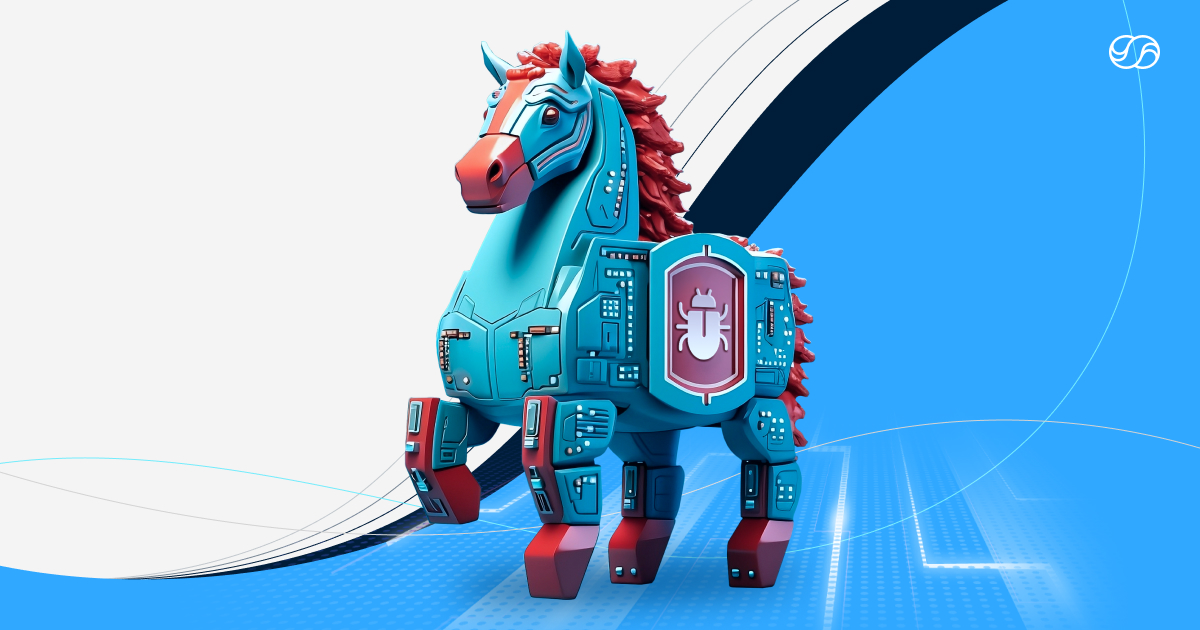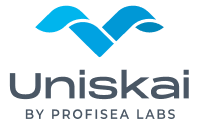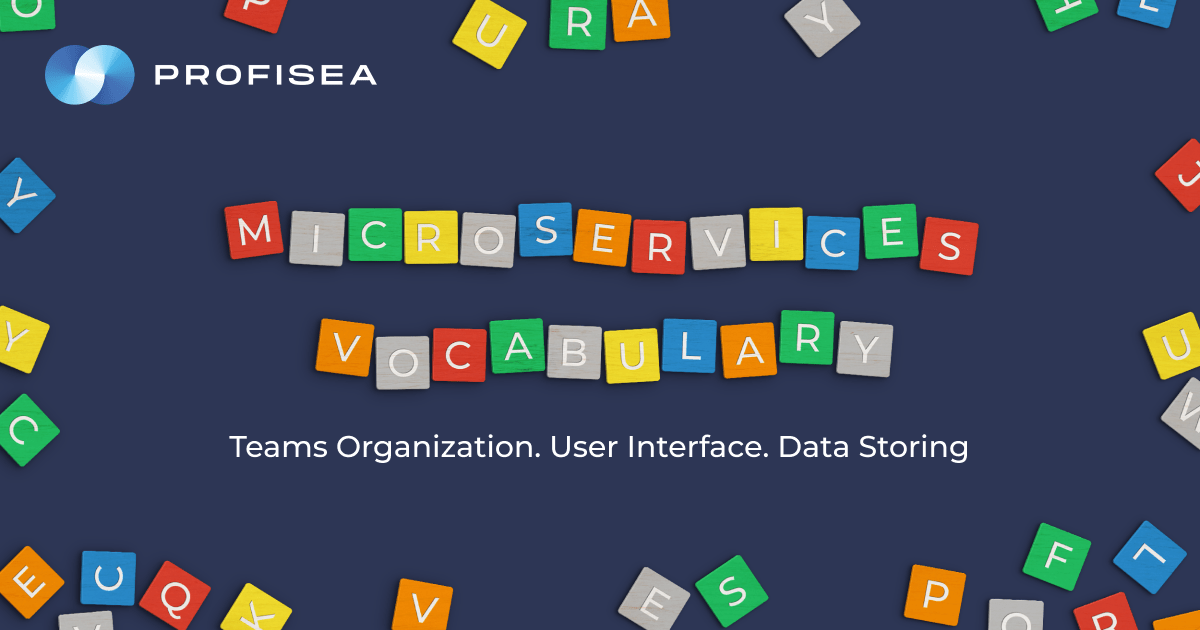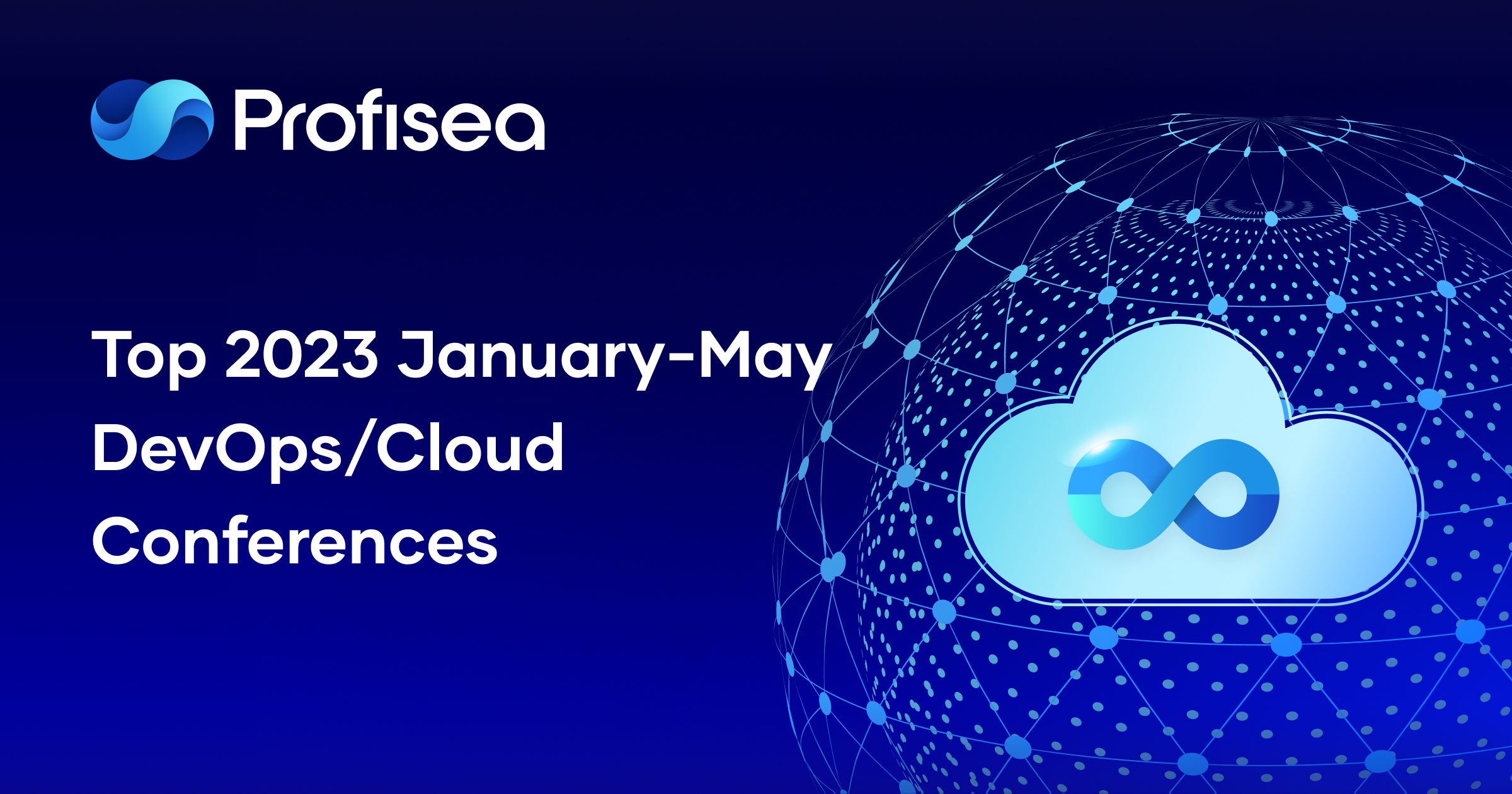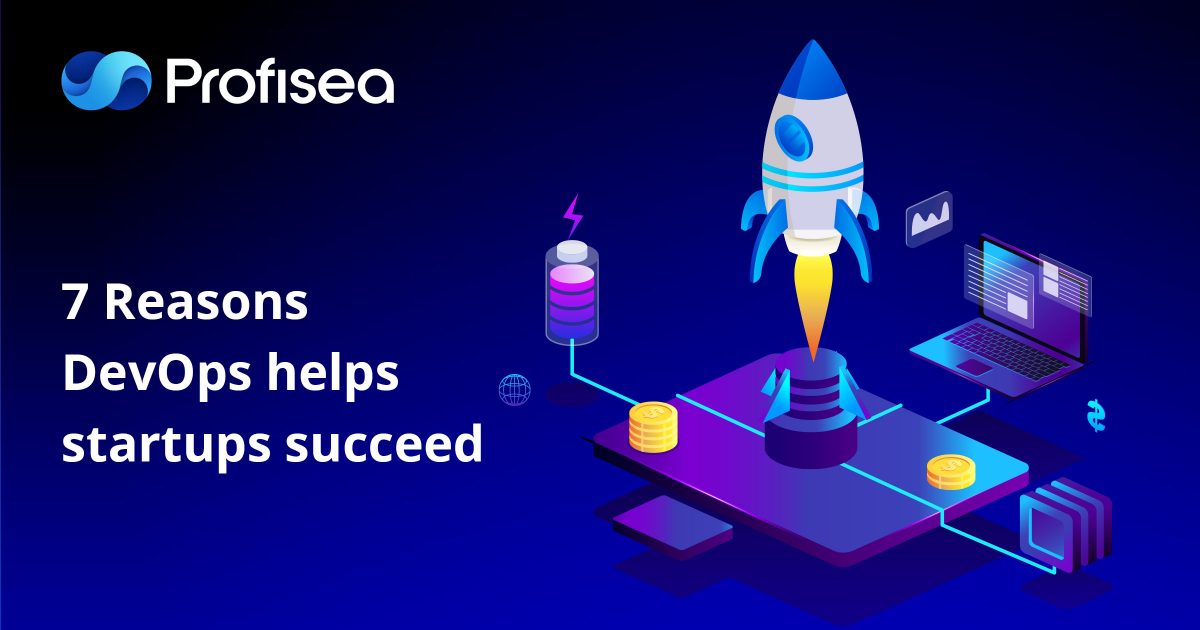Improving Software Security with Profisea: Why Incorporate Supply Chain Levels for Software Artifacts (SLSA)
The software development industry continues to advance rapidly, with both startups and large enterprises adopting agile frameworks and DevOps strategies as the norm. However, security considerations can be overlooked amidst this rapid progress, leaving software supply chains vulnerable to attack. In fact, over the past three years, software supply chain attacks have snowballed by an astonishing annual average of 742%. Further compounding the risks, over a billion vulnerable dependencies are downloaded each month. The escalating threats to software supply chains have compelled organizations to prioritize software supply chain security.
This blog post delves into the Supply Chain Levels for Software Artifacts (SLSA) framework, which offers a comprehensive set of standards and best practices to safeguard software development lifecycle security.
Understanding Supply Chain Levels for Software Artifacts
SLSA is a flexible framework designed to strengthen integrity across the software supply chain. While it does not claim to make a CI/CD pipeline invincible, it provides organizations with a checklist of processes and controls that cover critical criteria, including:
- Source Integrity: ensures the security and integrity of the source code used in software development. By implementing source integrity practices, organizations can verify the authenticity and reliability of their source code.
- Build Integrity: ensures that the build process remains free of unauthorized modifications or tampering. By prioritizing build integrity, organizations can establish trust in the integrity of their software artifacts.
- Provenance Requirements: provide a clear lineage of how each artifact was created, including details of the build process, top-level source, and dependencies. Understanding provenance empowers software consumers to make informed security decisions based on risk assessment.
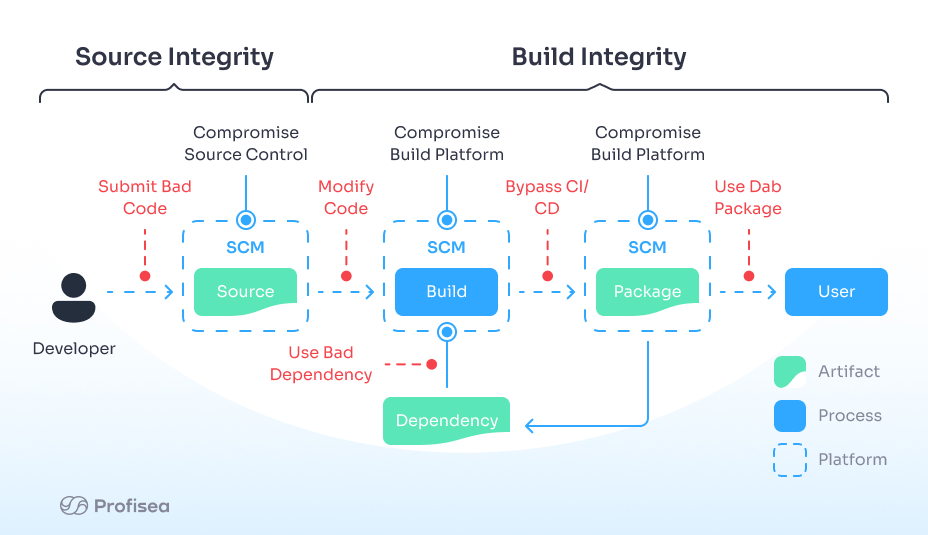
By addressing these fundamental areas, SLSA helps organizations across all levels of expertise comprehend key software supply chain security principles, such as source version controls, build security and isolation, provenance and signing, and dependency control.
The Four Levels of SLSA
The SLSA framework consists of four levels, each representing a progressive milestone toward a more secure software supply chain.

At entry Level 1, the focus revolves around the establishment of a fully scripted and automated build process. While Level 1 does not provide absolute protection, it does offer a basic level of code source identification and contributes to vulnerability management. It is, in effect, a stepping stone to higher levels of security.
As you ascend to Level 2, the demand for version control and a hosted build service arises. These components ensure the generation of authenticated provenance, bolstering confidence in the software’s origin. This, in turn, acts as a deterrent against tampering, as long as the build service remains trustworthy. The journey to Level 3 is streamlined through these improvements.
Level 3 builds upon the achievements of the previous levels by enforcing adherence to specific standards for source and build platforms. This requirement guarantees both auditability and integrity throughout the process. Rigorous accreditation procedures ensure that the platforms meet these standards, effectively safeguarding against threats such as cross-build contamination. The formidable protection offered at SLSA Level 3 significantly enhances the overall security of the software supply chain.
However, the pinnacle of SLSA lies at Level 4, where unwavering confidence in software integrity becomes paramount. Achieving Level 4 status necessitates a meticulous two-person review of all changes. This industry best practice serves as a safety net, effectively catching mistakes and acting as a deterrent against any potential malicious behavior. Additionally, a hermetic, reproducible build process is indispensable at this stage. With all these pieces in place, SLSA Level 4 provides a profound level of trust in the software’s integrity, assuring that it remains impervious to tampering and preserving its credibility.
Securing Your Software Development Lifecycle
Implementing the complete set of SLSA requirements can make a substantial difference in the security and integrity of software applications. SLSA provides a practical framework for end-to-end software supply chain integrity, based on a proven model implemented by one of the world’s largest software engineering organizations.
SLSA is not limited to the public software supply chain; it can also be applied to an organization’s internal software development lifecycle. By integrating SLSA controls into their internal processes, companies of all sizes can align their development processes with industry best practices and establish a robust security foundation.
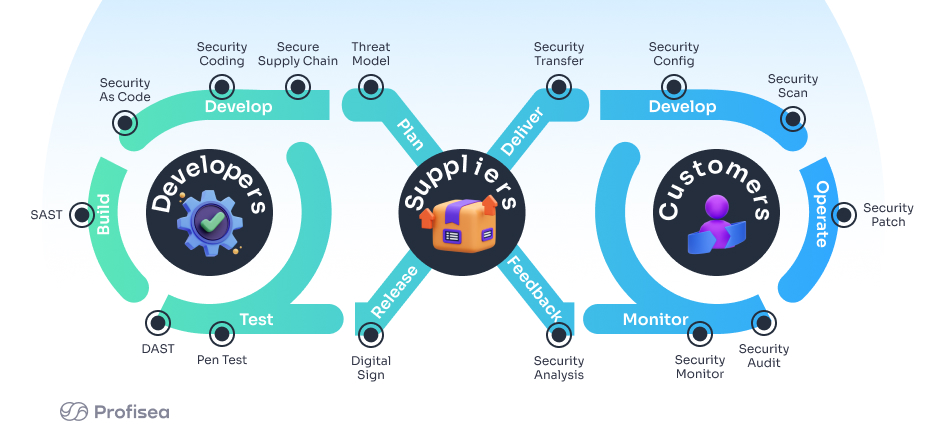
Each level of SLSA represents a step forward in securing the public software supply chain and the internal software development life cycle. By embracing the SLSA framework, organizations can enhance source and build integrity, mitigate common threats, and improve overall security. While achieving the highest level of SLSA may pose challenges for some projects, incremental improvements recognized by lower SLSA levels already contribute significantly to enhancing the security of the open-source ecosystem.
Incorporating SLSA with Profisea
The meteoric rise in the number of software supply chain attacks necessitates a renewed focus on securing the software development lifecycle. The SLSA framework offers valuable guidelines and best practices to address this challenge.
Profisea, an Israeli leading DevOps and FinOps company, offers top-notch Cloud Management services and expertise in GitOps, DevSecOps, and Kubernetes. By aligning with the Software Lifecycle Security Assurance (SLSA) framework, our experienced engineers ensure secure, reliable, and trustworthy solutions.
Whether you are a small startup or a large enterprise, Profisea will work seamlessly with your team to design, build, operate, secure, and scale unique cloud environments. Contact Profisea now to implement DevSecOps as a service and enhance security and performance across your software supply chain.
